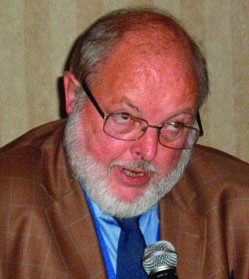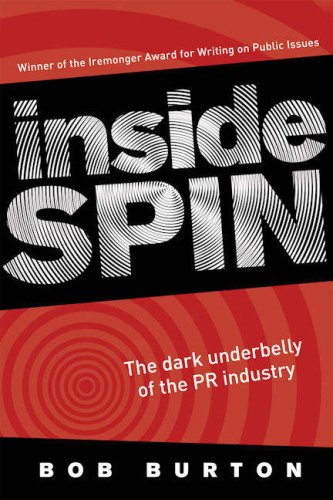Congresspedia Review: Last Week in Congress (Oct. 29 - Nov. 2, 2007)
Over the last week in Congress the effort to dramatically expand the State Children's Health Insurance Program hit another roadblock, several media reports on controversial earmarks were released, two members of Congress announced retirements and minor movement was seen on everything from an overhaul of the tax code to warrantless wiretapping and more Democratic investigations into Bush administration officials.
Following the president's veto of the expansion of the State Children's Health Insurance Program (SCHIP), the House last week passed a revised version designed to secure more votes from House Republicans. However, bill backers (almost all Democrats and a few dozen Republicans) failed to secure enough votes to override Bush's veto. This week, a bipartisan group of senators had been trying to find a compromise version of the bill with President Bush, but the deal broke apart on Thursday when Republicans forced a vote on the House version of the bill. The bill, while approved, fell 3 votes short of a veto-proof majority, leaving its future uncertain. Funding for SCHIP, which has already been extended past its Sept. 30 expiration, ends on Nov. 16, and the expansion bill's future is uncertain.
How did your senators and representatives vote? This week's featured participatory project is to record their votes in their "permanent record" - their Congresspedia profiles. No special knowledge or expertise is necessary and it only takes a few minutes. Full instructions can be found on the project page.
More details about the week in Congress are after the jump.

 It's no secret that polls are used to shape public opinion at least as much as they're used to measure it.
It's no secret that polls are used to shape public opinion at least as much as they're used to measure it.  The
The  "I love Red Cross, but I don't trust them completely when they're the ones shooting the video," explained journalism professor and Society of Professional Journalists (SPJ) ethics committee member Jerry Dunklee.
"I love Red Cross, but I don't trust them completely when they're the ones shooting the video," explained journalism professor and Society of Professional Journalists (SPJ) ethics committee member Jerry Dunklee. "It's a little bit like my yacht club" is how
"It's a little bit like my yacht club" is how  Cigarette maker
Cigarette maker